Identifying Key Symptoms and Warning Signs in Couples Rehabs: A Comprehensive Guide
Substance abuse is a widespread problem that has an impact on people’s lives and relationships, frequently casting a pall over the lives of addict couples. The effects of substance misuse on a relationship can be severe, impacting the emotional bond, communication, and general well-being of one or both parties. It is imperative to address substance misuse within the context of partnerships, as the characteristics of a partnership have the potential to both intensify and alleviate the difficulties associated with addiction.
This essay seeks to provide readers with a thorough grasp of the problem by illuminating the warning signs and symptoms of drug usage in couples. Early detection of these signs enables couples to get the support and assistance they need, potentially lessening the negative impact of substance misuse on their union. This piece will delve into the various facets of substance abuse, from its definition and types to the specific symptoms and warning signs that manifest in couples. Through this exploration, we hope to offer valuable insights that can guide couples toward healthier, more supportive relationships, free from the destructive grip of substance abuse.
Couples Rehabs Services 888-325-2454
Understanding Substance Abuse
Substance abuse is a complex and multifaceted issue that affects individuals across various demographics and backgrounds. It involves the harmful or hazardous use of psychoactive substances, including alcohol and illicit drugs. The abuse of these substances can lead to significant health, social, and economic problems.
Definition and Types
Substance abuse, also known as substance use disorder, is characterized by an individual’s inability to control their consumption of a substance despite knowing its negative consequences. This condition can range from mild to severe, depending on the diagnostic criteria met, such as tolerance, withdrawal, and continued use despite problems.
Commonly Abused Substances
Understanding the specific substances that are frequently abused can help in identifying and addressing substance abuse issues. Some of the most commonly abused substances include:
- Alcohol: One of the most commonly abused substances. Excessive drinking can lead to dependency and numerous health issues.
- Prescription Drugs: Medications such as opioids, benzodiazepines, and stimulants can be misused for their psychoactive effects.
- Illicit Drugs: This category includes substances such as marijuana, cocaine, heroin, methamphetamine, and ecstasy.
- Inhalants: Substances like glue, paint thinners, and nitrous oxide can be abused for their mind-altering effects.
Statistics and Prevalence
The prevalence of substance abuse varies globally, but it remains a significant public health issue. According to the World Health Organization (WHO), approximately 31 million people worldwide suffer from drug use disorders. In the United States, the Substance Abuse and Mental Health Services Administration (SAMHSA) reports that nearly 20 million Americans aged 12 and older had a substance use disorder in 2019.
Understanding these statistics helps in grasping the scope of substance abuse and the urgent need for effective interventions and support systems, particularly in settings like couples rehabs where both partners may be struggling with substance use issues.
Symptoms of Substance Abuse
Understanding the symptoms of substance abuse is crucial for recognizing when professional help may be necessary. These symptoms can manifest in various forms, often affecting the physical, behavioral, and psychological aspects of an individual’s life. Recognizing these signs early can lead to timely intervention and better outcomes.
Physical Symptoms
Physical symptoms of substance abuse can vary significantly depending on the specific substance being used. However, some common indicators include:
- Changes in Appearance: This can include sudden weight loss or gain, poor hygiene, and noticeable changes in skin tone or complexion.
- Bloodshot or Glazed Eyes: Persistent redness, irritation, or a glazed look in the eyes can be a sign of substance use.
- Unusual Smells: The scent of alcohol, drugs, or other substances on a person’s breath, body, or clothing.
- Frequent Nosebleeds: This can be a sign of inhaling substances like cocaine.
- Track Marks: Visible needle marks on the arms or other parts of the body.
- Tremors or Shakes: Uncontrollable shaking, especially in the hands, can indicate withdrawal or chronic substance use.
Behavioral Symptoms
Behavioral changes are often the most noticeable signs of substance abuse. These can include:
- Neglecting Responsibilities: Failing to meet obligations at work, school, or home.
- Risky Behaviors: Engaging in dangerous activities such as driving under the influence or unprotected sex.
- Legal Issues: Increased encounters with law enforcement due to substance-related activities.
- Financial Problems: Unexplained need for money, frequent borrowing, or missing valuables, which may be sold to support the addiction.
- Secretive Behavior: Being unusually secretive about actions, whereabouts, or new social circles.
- Changes in Social Activities: Losing interest in previously enjoyed activities or changing friend groups to those that support substance use.
Psychological Symptoms
Substance abuse profoundly impacts mental health, leading to a range of psychological symptoms:
- Mood Swings: Extreme changes in mood, from euphoria to irritability or depression.
- Paranoia: Unusual levels of suspicion or mistrust of others.
- Anxiety and Depression: Persistent feelings of anxiety, sadness, or hopelessness.
- Cognitive Impairment: Difficulty concentrating, memory problems, or impaired judgment.
- Aggression: Increased episodes of anger or aggression, sometimes leading to violent behavior.
- Hallucinations: Seeing or hearing things that are not there, particularly with substances like LSD or high doses of alcohol.
Recognizing these symptoms is a critical step toward understanding and addressing substance abuse. By identifying the physical, behavioral, and psychological signs, individuals and their loved ones can seek the necessary help and support to combat addiction effectively.
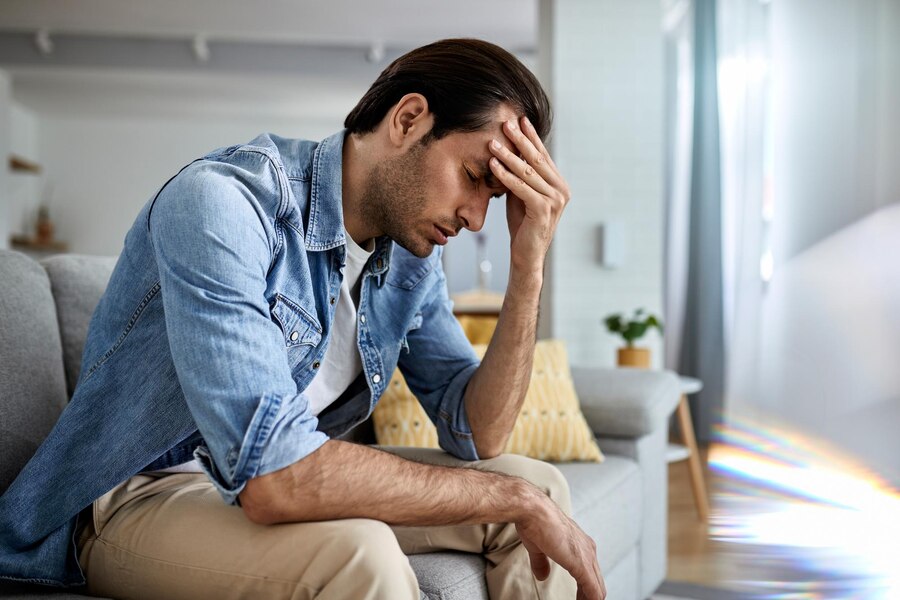
Warning Signs in Couples
When it comes to substance abuse, the impact extends beyond the individual to affect their relationships, particularly romantic partnerships. Recognizing the warning signs within a couple can be crucial for early intervention and effective treatment. Couples rehabs in Orange County are uniquely positioned to address these dual challenges by offering specialized support. Here are some key warning signs to look out for:
Changes in Communication
One of the earliest and most telling signs of substance abuse within a couple is a noticeable shift in communication patterns. Partners may begin to experience breakdowns in their ability to effectively communicate with one another. Conversations that were once open and honest may become fraught with secrecy, defensiveness, or outright hostility. Misunderstandings become more frequent, and the ability to resolve conflicts diminishes. These communication barriers can lead to a sense of disconnect, making it difficult for partners to support each other through the challenges posed by substance abuse.
Increased Conflicts
Another significant warning sign is the escalation of conflicts. Substance abuse can heighten irritability and reduce impulse control, leading to more frequent and intense arguments. Small disagreements can quickly spiral into major disputes, often exacerbated by substance-induced mood swings. Conflicts may also arise over issues directly related to substance use, such as financial strain, neglect of responsibilities, or concerns about health and safety. The increase in conflict not only strains the relationship but can also create an environment of tension and instability, which may further fuel substance use as a coping mechanism.
Isolation from Social Circles
Substance abuse often leads to social withdrawal, and this can be particularly evident in couples. Partners may start to isolate themselves from friends, family, and social activities they once enjoyed. This isolation can be both a cause and a consequence of substance abuse. On one hand, the desire to conceal their substance use may lead them to avoid social interactions. On the other hand, the stigma and judgment from others can make them feel unwelcome or uncomfortable in social settings. This retreat into isolation can create a bubble where substance use becomes normalized and unchallenged, making it harder for the couple to seek help or recognize the extent of the problem.
Recognizing these warning signs is the first step towards seeking help. Couples rehabs provide a supportive environment where partners can address both individual and relational issues related to substance abuse. By focusing on communication, conflict resolution, and social reintegration, these programs aim to restore healthy dynamics and foster long-term recovery.
Find Substance Abuse Treatment At Couples Rehabs
Substance abuse is a pervasive issue that can have devastating effects on individuals and their relationships. Understanding the nature of substance abuse, recognizing its symptoms, and being aware of the warning signs within a couple’s dynamic are critical steps toward seeking help and initiating recovery.
Substance abuse encompasses a wide range of harmful behaviors associated with the misuse of various substances, including alcohol, prescription medications, and illicit drugs. The physical, behavioral, and psychological symptoms that accompany substance abuse can severely impact a person’s health, well-being, and quality of life. These symptoms can also strain relationships, leading to significant changes in communication, increased conflicts, and social isolation.
For couples, the interplay between substance abuse and relationship dynamics can create a vicious cycle, where the stress and discord stemming from substance use further exacerbate the problem. Recognizing the warning signs early can make a significant difference. Effective communication, seeking professional help, and engaging in supportive environments like couples rehabs are essential strategies for addressing substance abuse within relationships.

Understanding Substance Abuse
What is substance abuse, and how is it different from casual use?
Answer: “Substance Abuse – Symptoms and Warning Signs” defines abuse as a pattern of problematic use that negatively impacts health, relationships, and daily life. Casual use might be occasional and not disruptive. Couples Rehabs can help assess the severity.
What are the different types of substances that can be abused?
Answer: Alcohol, illegal drugs, prescription medications, and even over-the-counter drugs can be abused. Couples Rehabs can tailor treatment plans to address specific substances.
Can someone be addicted to multiple substances at the same time?
Answer: Yes, this is called co-occurring addiction. Couples Rehabs offers comprehensive treatment programs to address multiple substance abuse issues within a relationship.
Identifying Symptoms and Warning Signs
What are some physical signs of substance abuse in my partner?
Answer: Watch for changes in appearance, bloodshot eyes, slurred speech, sleep disturbances, or physical health problems. Couples Rehabs can guide you on a supportive approach to addressing these concerns.
What are some behavioral signs of substance abuse in my partner?
Answer: Look for increased secrecy, isolation, neglecting responsibilities, risky behavior, mood swings, or irritability. Couples Rehabs can provide tools for constructive communication.
How can substance abuse affect my partner’s mental health?
Answer: Addiction can lead to anxiety, depression, paranoia, or even psychosis. Couples Rehabs incorporates therapy to address underlying mental health concerns alongside substance abuse treatment.
Impact on Relationships
How does substance abuse affect my relationship?
Answer: Addiction can create dishonesty, broken trust, communication problems, and financial strain. Couples Rehabs offers therapy and support groups specifically for couples navigating these challenges.
Can a relationship recover if one partner is struggling with substance abuse?
Answer: Absolutely! Couples Rehabs offers specialized programs that address both addiction treatment and relationship repair. Working together can strengthen your bond.
What if my partner refuses to admit they have a problem?
Answer: Denial is common. Couples Rehabs offers intervention strategies and support to help you approach your partner with empathy and encourage them to seek help.
How can I take care of myself while supporting my partner who is struggling with substance abuse?
Answer: Self-care is crucial. Couples Rehabs offers resources and support groups for partners to maintain their own well-being while supporting their loved one’s recovery journey.
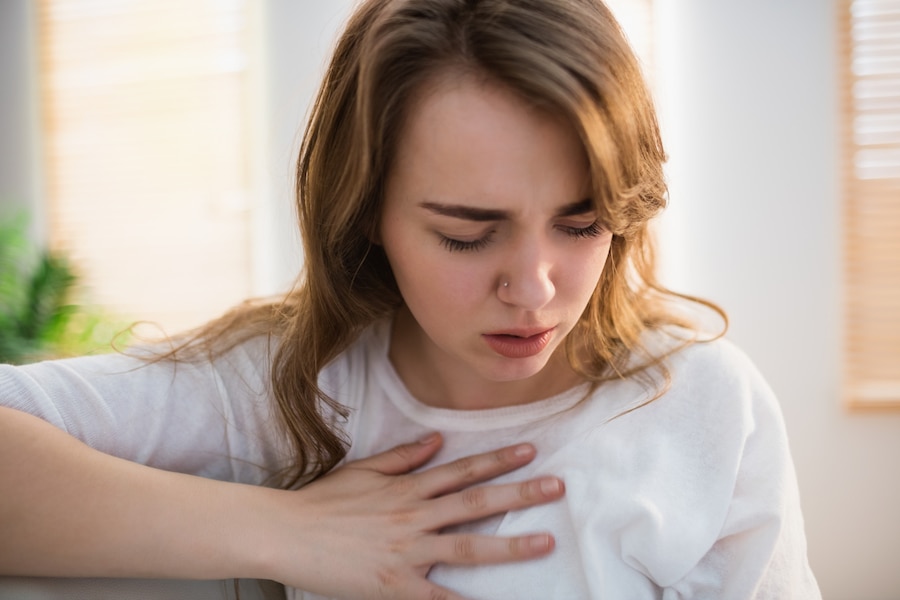


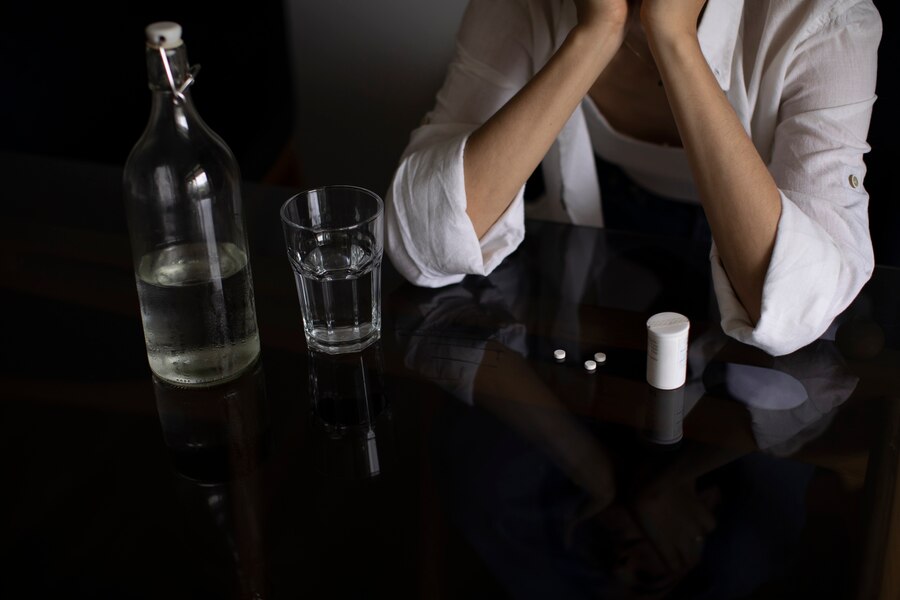
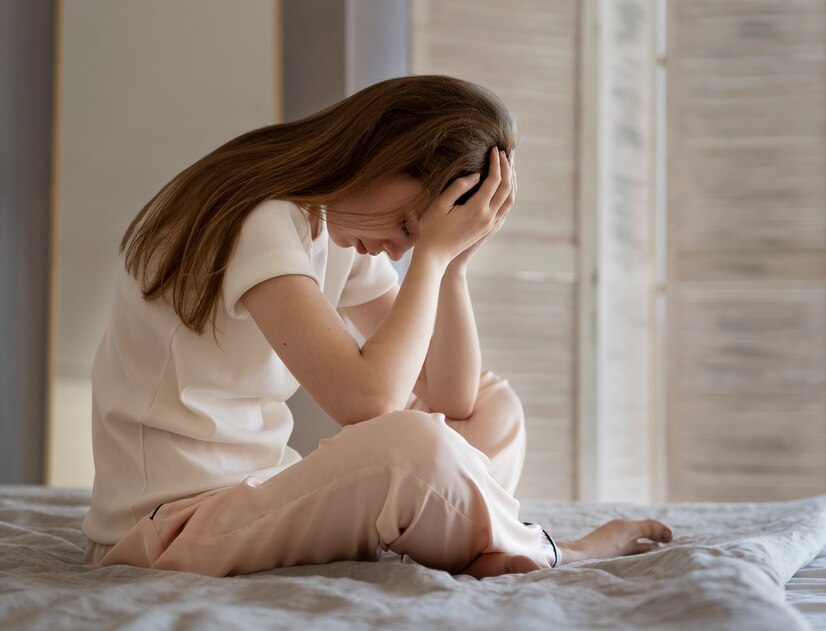

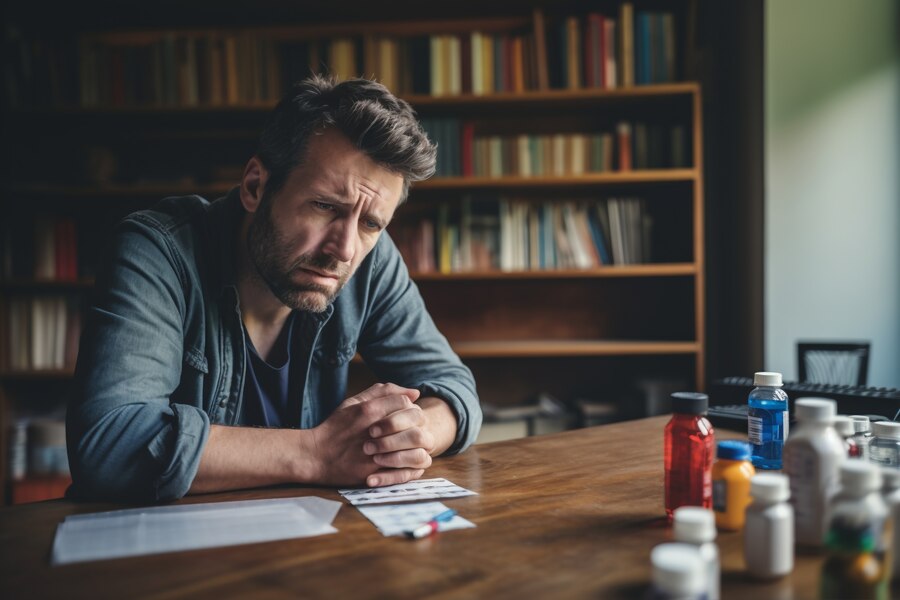
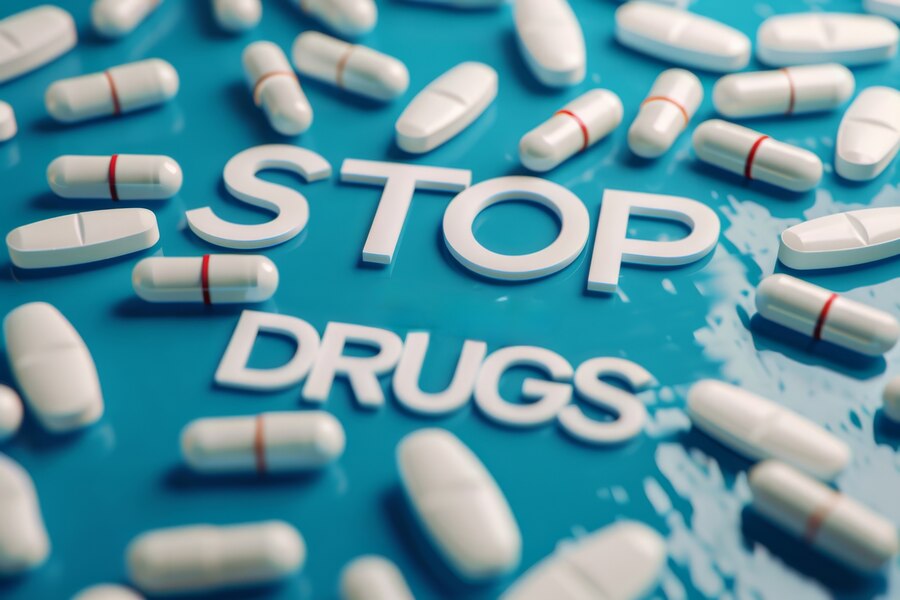
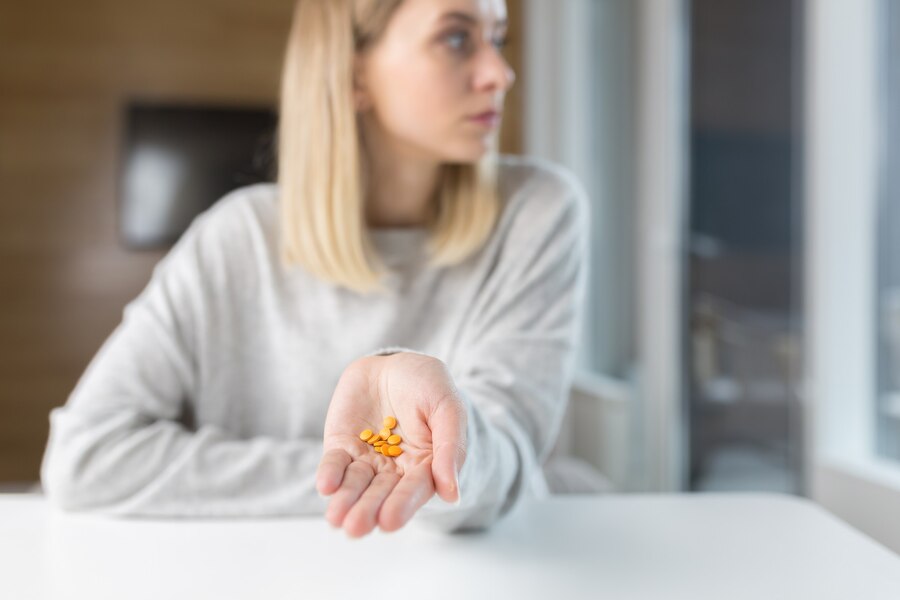
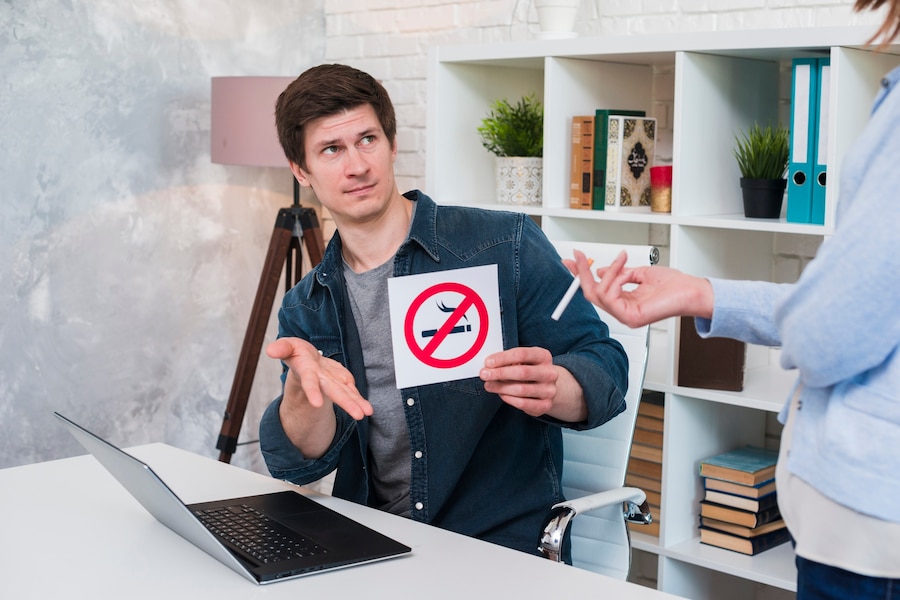


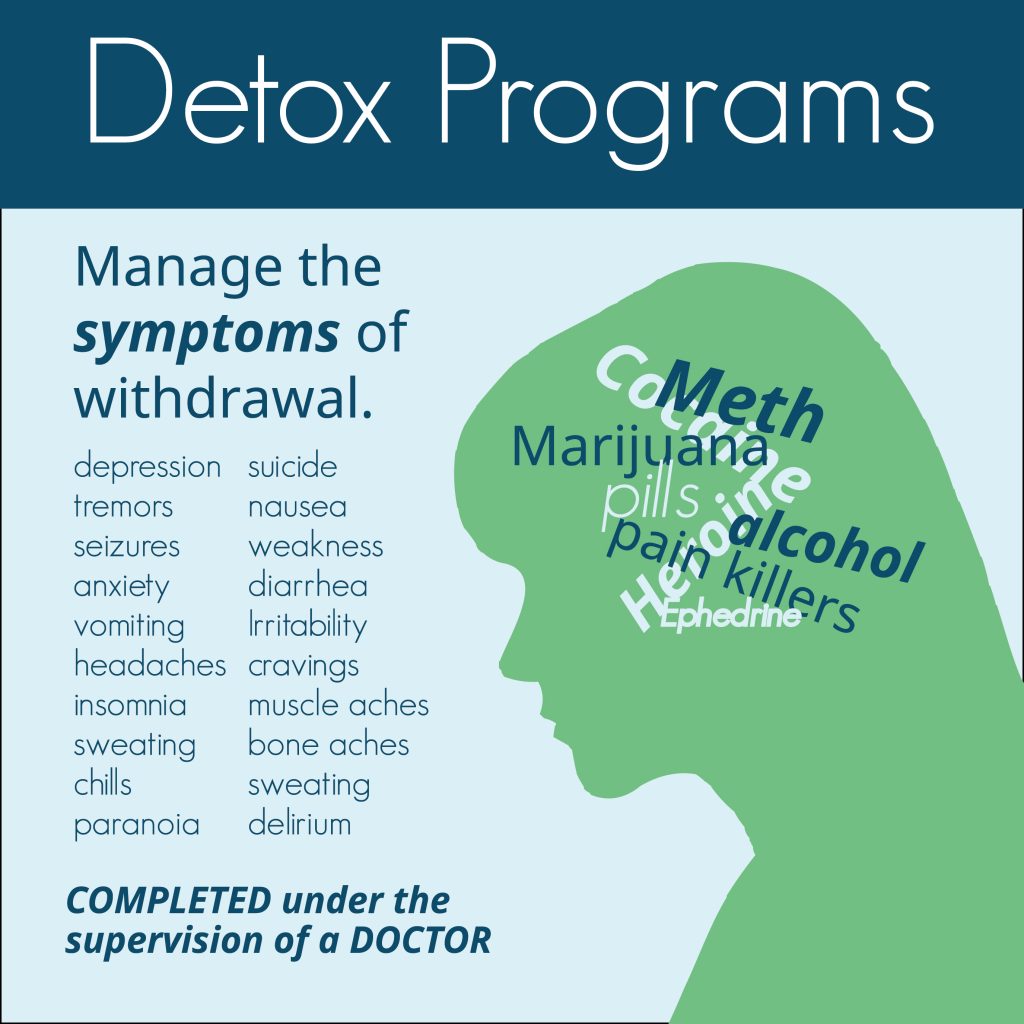

Recent Comments